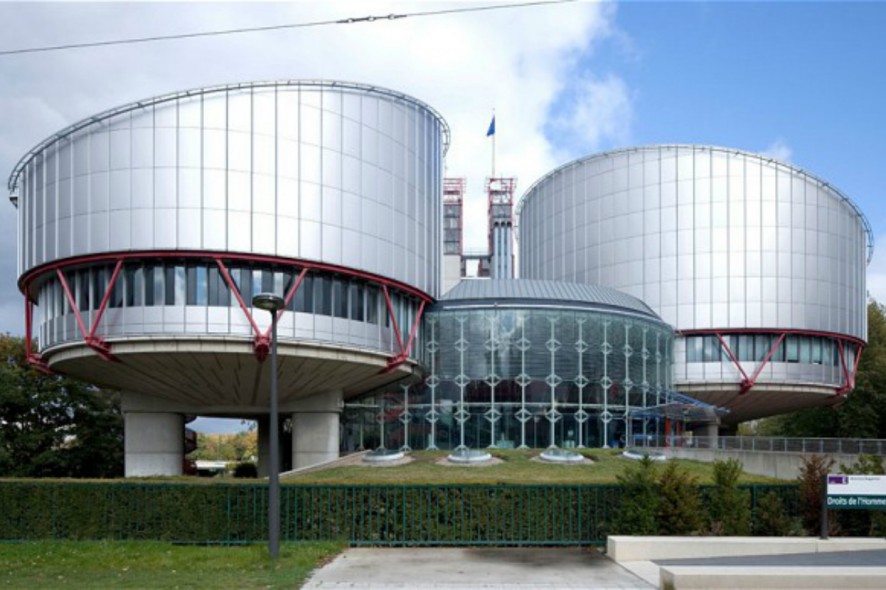European Court of Human Rights: The Seven-Judge Bench comprising of Yonko Grozev (President), Angelika Nußberger, André Potocki, Síofra O’Leary, M?rti?š Mits, Gabriele Kucsko-Stadlmayer, and Lado Chanturia held that there was no violation of Article 10 and 6 of European Convention on Human Rights as claimed by the complainant in the facts of the case presented before them.
On 28-01-2010, the day after Holocaust Remembrance Day, Mr Pastörs, then a member of the Land Parliament of Mecklenburg-Western Pomerania, made a speech stating that “the so-called Holocaust is being used for political and commercial purposes”. In August 2012 he was convicted by a district court for violating the memory of the dead and for intentional defamation of the Jewish people. In March 2013 the regional court dismissed his appeal against the conviction as ill-founded. After reviewing the speech in full, the court found that Mr Pastörs had used terms which amounted to “denying the systematic, racially motivated, mass extermination of the Jews carried out at Auschwitz during the Third Reich”. The court stated he could not rely on his free speech rights in respect to Holocaust denial. He lodged an application with the European Court of Human Rights on 3-07-2014 relying on Article 10 (freedom of expression) and Article 6 § 1 (right to a fair trial). He alleged that the proceedings against him were unfair because one of the judges on the Court of Appeal panel was married to the judge who had convicted him at first instance and could therefore not be impartial.
Freedom of Expression:
The ECHR examined his complaint under both Article 10 and Article 17 (prohibition of abuse of rights). It reiterated that Article 17 was only applicable on an exceptional basis and was to be resorted to in cases concerning freedom of speech if it was clear that the statements in question had aimed to use that provision’s protection for ends that were clearly contrary to the Convention. The ECHR noted that the domestic courts had looked at the speech in full and had found that the applicant had planned his speech in advance, deliberately choosing his words and resorting to obfuscation to get his message across, which was a qualified Holocaust denial showing disdain to its victims. ECHR held that Mr Pastörs had intentionally stated untruths in order to defame the Jews and the persecution that they had suffered. The interference with his rights also had to be examined in the context of the special moral responsibility of States which had experienced Nazi horrors to distance themselves from the mass atrocities. His conviction was therefore proportionate to his actions. They found that there was no violation of Article 10 and rejected the complaint as manifestly ill-founded.
Right to a fair trial:
The ECHR held that the involvement in the case of two judges who were married, even at levels of jurisdiction which were not consecutive, might have raised doubts about one of the judge’s lacking impartiality. It was also difficult to understand how the applicant’s complaint of bias could have been deemed as inadmissible in the Court of Appeal’s first review. However, the issue had been remedied by the review of Mr Pastörs’ second bias complaint, which had been aimed at all the members of the initial Court of Appeal panel and had been dealt with by three judges who had not had any previous involvement in the case. Nor had the applicant made any concrete arguments as to why a professional judge married to another professional judge should be biased when deciding on the same case at a different level of jurisdiction. There were thus no objectively justified doubts about the Court of Appeal’s impartiality and there had been no violation of Article 6.
Judges Grozev and Mits expressed a joint dissenting opinion. [Pastörs v. Germany, Application No. 55225 of 14, decided on 03-10-2019]







